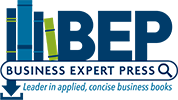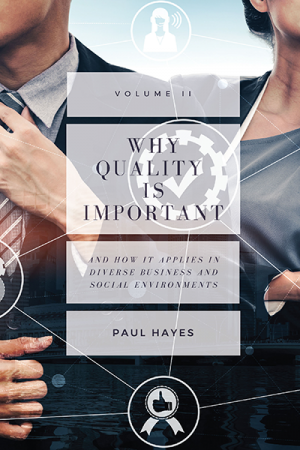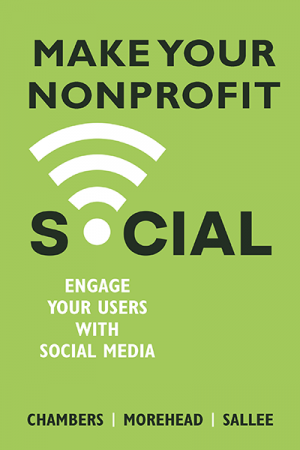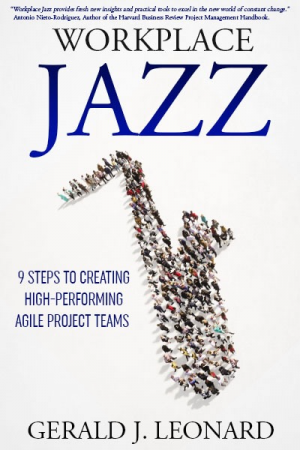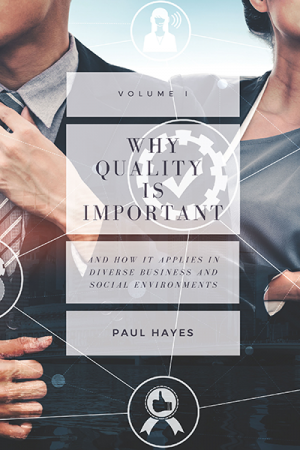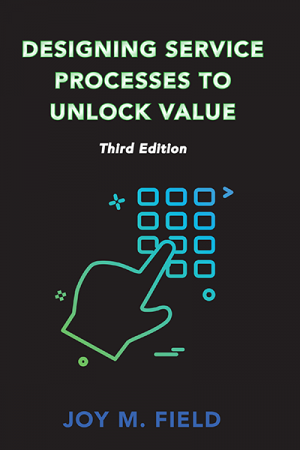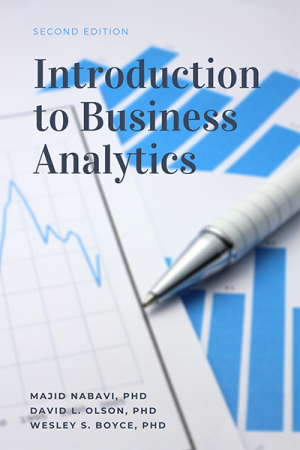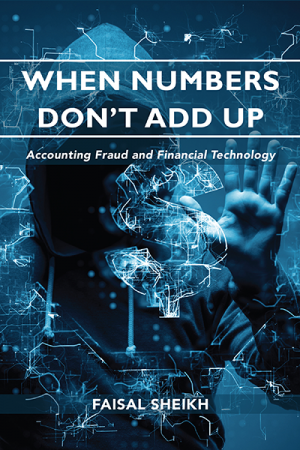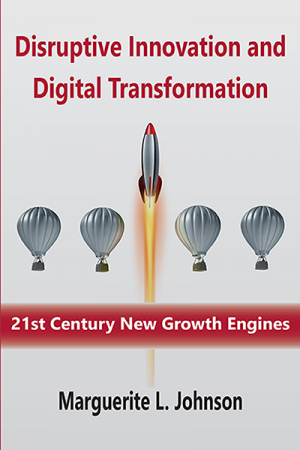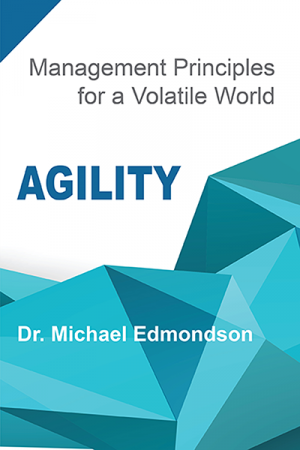Why Quality is Important and How It Applies in Diverse Business and Social Environments, Volume II
$37.99“Paul’s book is, in my view, one of the most comprehensive treatise on the challenging topic of Quality, since the works of Deming. It covers the topic, in an almost 3D manner, such that it doesn’t really matter how the reader comes to the subject – as a novice or with experience, that viewpoint is described. Indeed, the book explains the subject matter without being shackled by the conventional wisdoms typically associated with “Quality”. I look forward to it being my next “go to” reference.” –Andrew Nichols, Quality Program Manager, Michigan Manufacturing Technology Center
These two volumes are about understanding—why—and application— how—and aim to provide guidance and introduction to both. Beginning with manufacturing and services, it also includes professional, personal, and spiritual dimensions.
Variation does not sit happily with consistency and skill in handling risk and opportunity requires competence in the use of statistics, probability, and uncertainty; and needs to complement the critically essential soft dimensions of quality.
There are no clear boundaries to the applicability of quality and the related processes and procedures expressed in management systems, and so “… it applies in diverse business and social environments.”
Quality is everyone’s business, and there is no single professional discipline that can properly express this. Best practice, tools, and techniques need to be shared across all kinds of organizational and professional boundaries.
